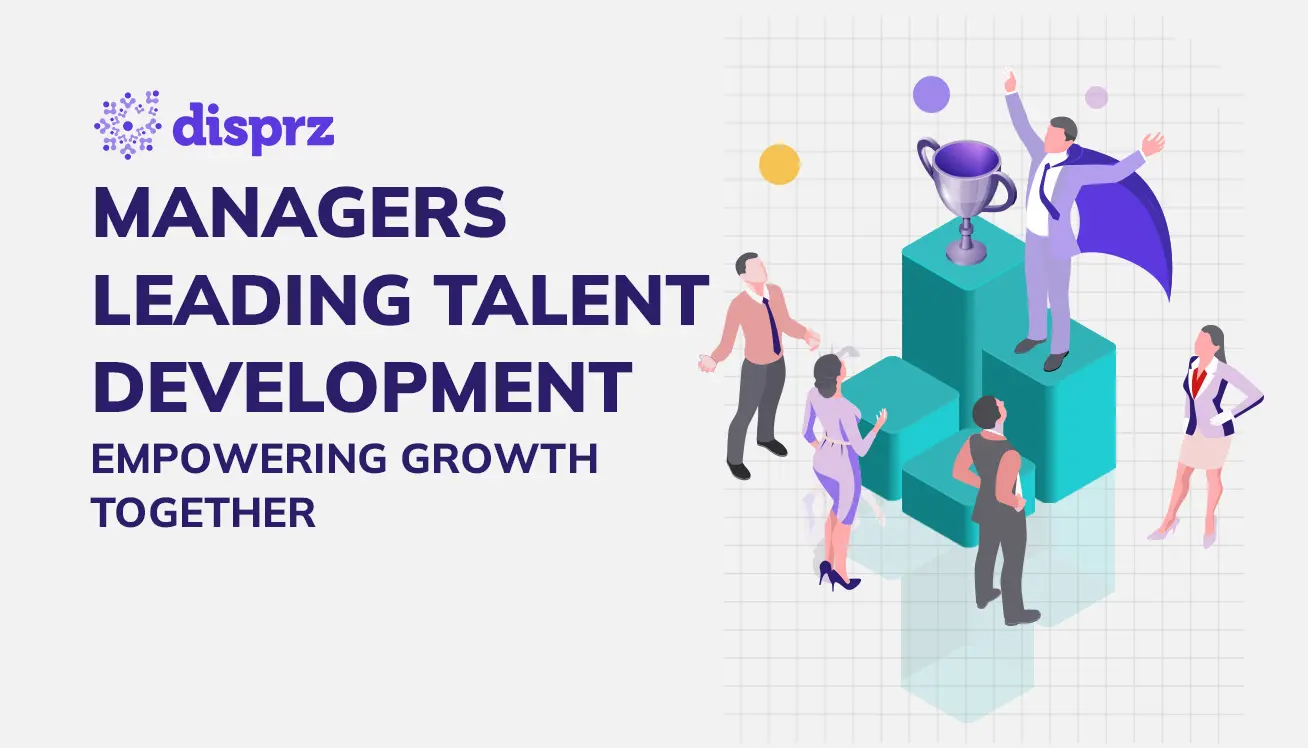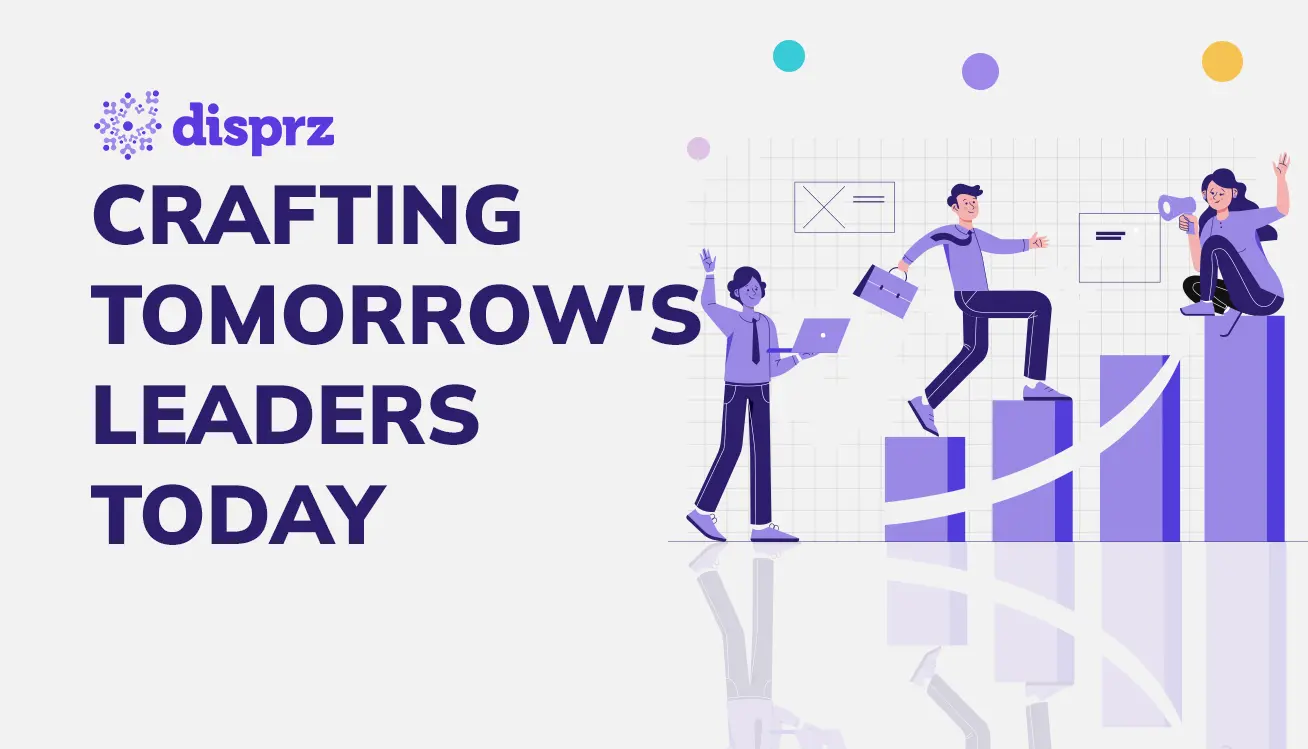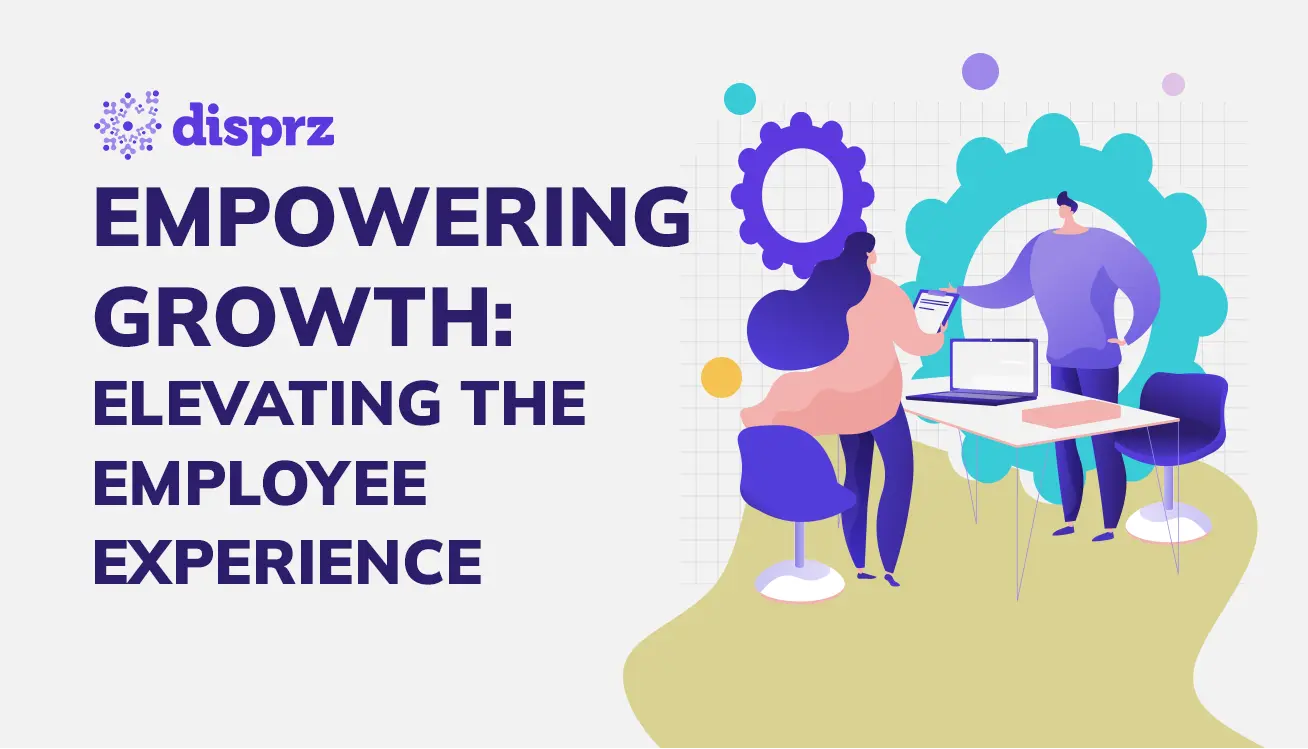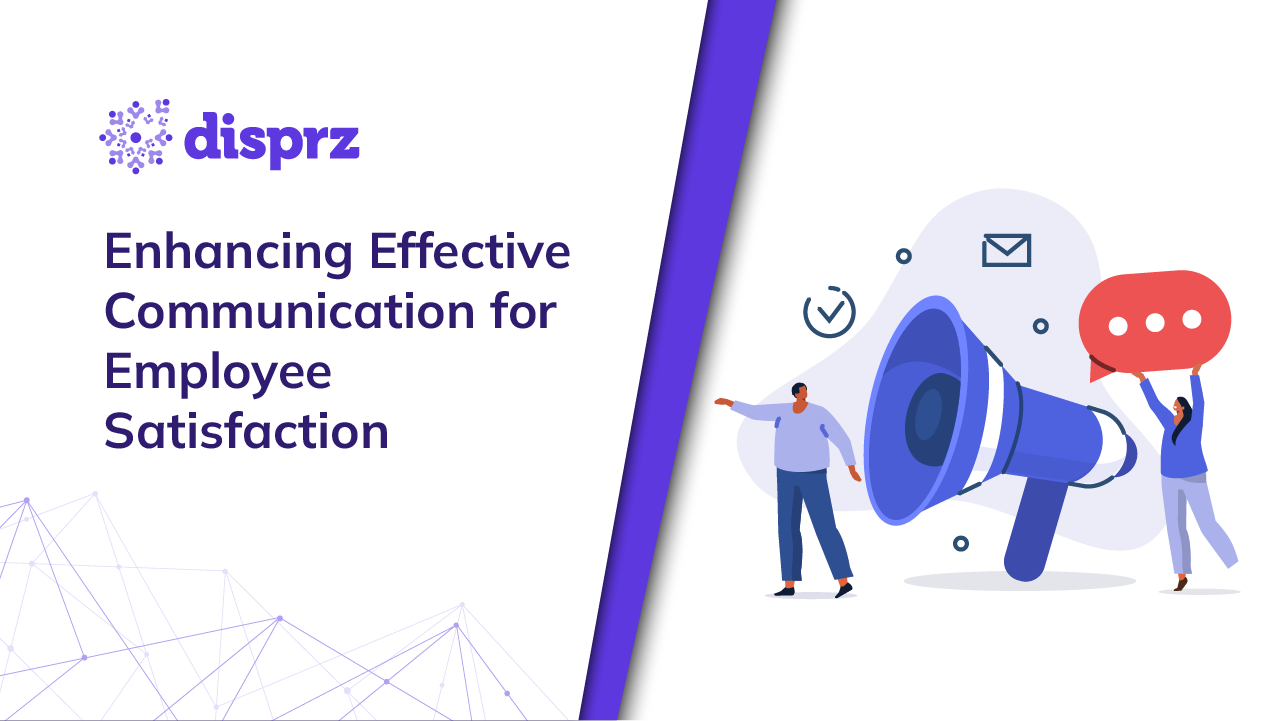
6 min read
• 23 Mar 2024
How to Upskill Frontline Workers
Discover actionable strategies and tailored approaches to upskill frontline workers for operational efficiency & ROI.
-
eBookEmployee Upskilling - A Detailed Blueprint For Building A Skills-Driven Learning Culture
Frontline workers serve as the cornerstone across industries, acting as the initial connection between businesses and their clientele. They encompass a broad segment, from customer service representatives and retail associates to healthcare providers and manufacturing operatives, all pivotal in delivering exceptional service and propelling business achievements.
According to the International Labour Organization (ILO), investing $1 in upskilling and reskilling these workers yields an impressive return of $4.53 in increased productivity. This statistical insight underscores the concrete economic advantages associated with prioritizing workforce development. As demands on these frontline individuals continue to evolve, the necessity for them to adapt, innovate, and excel in their roles has never been more crucial.
The traditional approaches to workforce training often fall short in addressing the nuanced needs of these essential personnel. However, a paradigm shift is required—away from generic training methodologies—to embrace specialized approaches that cater specifically to the unique challenges faced by frontline employees across industries.
In this blog, we have provided actionable strategies to help organizations upskill the frontline workforce and boost operational efficiency and ROI.
Challenges Faced by Frontline Workforce
The frontline employees face a diverse array of challenges inherent to their roles. From managing high-stress environments and time-sensitive tasks to navigating complex customer interactions and ensuring adherence to stringent protocols, their responsibilities demand both technical prowess and exceptional interpersonal skills. Moreover, factors like high turnover rates, training accessibility, and varying skill levels present ongoing hurdles in maintaining a consistent standard of service excellence.
However, embedded within these challenges lie unique opportunities. Frontline workers, when equipped with the right tools, knowledge, and skills, possess the potential to drive innovation, foster customer loyalty, and serve as the vanguard for organizational success. Their direct interface with clients positions them as invaluable assets capable of providing real-time feedback, identifying operational inefficiencies, and contributing innovative solutions.
Impact of Upskilling on Overall Business Performance
Investing in the upskilling of frontline workers is a strategic imperative that goes beyond individual skill enhancement. It directly influences organizational performance metrics such as customer satisfaction, brand perception, and bottom-line results.
By providing comprehensive training, organizations can witness a ripple effect of improved service quality, increased productivity, reduced errors, and enhanced employee morale, all of which contribute to a competitive edge in the market.
Understanding these dynamics and the significance of frontline workers' contributions lays the foundation for a targeted approach towards their upskilling.
By recognizing their pivotal role and the potential for growth and innovation they hold, organizations can tailor training initiatives that effectively address their unique challenges and leverage their strengths to propel both individual and organizational success.
Strategies to Upskill Frontline Workforce
An Enhanced Onboarding Program
A well-designed onboarding program is a pivotal strategy to upskill the frontline workforce efficiently. By offering a structured introduction to the company's culture, procedures, and role-specific training, it accelerates the learning curve for new hires.
This standardized approach ensures consistency in skills and knowledge across the workforce, enabling frontline employees to swiftly adapt, align with organizational expectations, and contribute effectively from the outset.
A comprehensive onboarding process not only instills job-specific competencies but also fosters a sense of belonging and commitment, enhancing overall employee retention and productivity.
By leveraging platforms like Disprz FLE, organizations can create a structured onboarding program. The platform offers the benefit of customizing modules tailored to different roles, ensuring a comprehensive introduction to company policies, job responsibilities, and culture.
It also facilitates step-by-step guidance, interactive content, and assessments to streamline and standardize the onboarding process for new hires.
Read how More Retail arrested early attrition capitalizing on Disprz FLE solution to upskill, reskill, and advance their frontline workforce.
Mobile - based Learning
Mobile-based learning revolutionizes frontline workforce upskilling by offering easily accessible, bite-sized modules directly on employees' devices. These concise modules, complemented by interactive quizzes and proctored assessments, facilitate flexible learning.
Through mobile platforms, frontline workers can engage in training during downtime, ensuring continuous skill development without disrupting workflow.
The integration of quizzes and proctored assessments ensures comprehension and knowledge retention, enhancing the effectiveness of the learning experience while catering to the on-the-go nature of their roles.
KPI-based Coaching
Implementing performance-based coaching is integral to upskilling the frontline workforce. These tailored coaching sessions align individual employee objectives with organizational KPIs, fostering a deeper understanding of goals.
Companies need to invest in tools such as Disprz FLE solution for a transformative approach to workforce development. The platform empowers organizations to tailor learning plans directly to employees' needs, align coaching sessions with organizational goals, and harness data-driven insights to drive measurable enhancements in frontline performance.
Check how world’s largest e-commerce company trained their frontline workforce through Disprz training platform and witnessed a 3% improvement in KPIs, improving overall operational efficiency.
On-the-job Training
On-the-job learning and skilling play an indispensable role in upskilling the frontline workforce by providing practical, hands-on experiences within their work environment. This approach immerses employees in real-time scenarios, allowing them to apply newly acquired knowledge immediately.
By shadowing experienced colleagues, participating in cross-functional projects, or job rotations, frontline workers gain practical insights, refine skills, and adapt swiftly to evolving job demands. On-the-job skilling fosters a culture of continuous learning, encouraging employees to embrace challenges, innovate, and develop mastery in their roles while contributing directly to organizational objectives.
Effective Feedback Mechanism
Establishing continuous feedback mechanisms and providing on-the-job performance support tools is crucial. These tools could include mobile apps, instant messaging platforms, or access to knowledge bases, allowing frontline workers to seek guidance, share best practices, and receive real-time feedback.
Implementing regular performance reviews and mentorship programs further aids in identifying areas for improvement and facilitating ongoing skill enhancement.
Promoting a Culture of Continuous Learning and Recognition
Encouraging and incentivizing continuous learning through recognition programs, certifications, or career advancement opportunities reinforces the value of upskilling.
When organizations foster a culture that celebrates learning achievements and acknowledges the application of newly acquired skills, frontline workers feel motivated to actively engage in ongoing development initiatives. This culture shift towards continuous learning becomes ingrained, driving a self-motivated approach to skill enhancement.
Conclusion
Previously, the absence of comprehensive training adversely impacted organizational efficiency, employee morale, and customer satisfaction. This lack of investment in frontline workforce development led to increased errors, suboptimal service delivery, and reduced employee engagement.
Upskilling has emerged as an imperative solution to remedy these issues. It's not merely about enhancing skills but about ensuring adaptability and competitiveness in a rapidly evolving landscape. By prioritizing upskilling initiatives, organizations foster a culture of continuous learning, enabling employees to stay abreast of industry advancements and perform optimally in their roles.
Platforms like Disprz FLE offer a transformative solution. They offer tailored strategies such as personalized learning paths, technology-driven modules, and performance-based coaching, effectively addressing the diverse needs of the frontline workforce.
Leveraging Disprz FLE ensures that training aligns with organizational goals, enhances employee proficiency, and ultimately drives improved customer experiences and operational efficiency.
To witness how Disprz FLE can boost your workforce and drive organizational growth, book a demo today.
About the author

Debashree Patnaik
Debashree is an adept Content strategist, curator, and our go-to for all things content at Disprz. She is a part of the Content Marketing team and handles content around enterprise learning and skilling for our website and social media. Debashree also spearheads the creation of our high-quality thought leadership content, our Purple papers. With a rich background working with B2B and B2C organizations in health tech, ed tech, hospitality, and more, she currently focuses on curating informative content around generative AI, skilling, and learning. Debashree boasts a distinguished career with over 6 years of expertise in content management. She holds a degree in Aeronautical Engineering from Visvesvaraya Technological University, Karnataka.
More Resources
4 min read
• 15 Apr 2024
Unlocking the Power of Managerial Engagement in Talent Development
4 min read
• 09 Apr 2024
Nurturing Excellence in Building Leadership Pipelines
4 min read
• 09 Apr 2024
Improving “Employee Experience” For Organizational Growth
Sign up to get free resources and stay up to date with Disprz!
Discover how Disprz can align learning and upskilling with your desired business outcomes.





